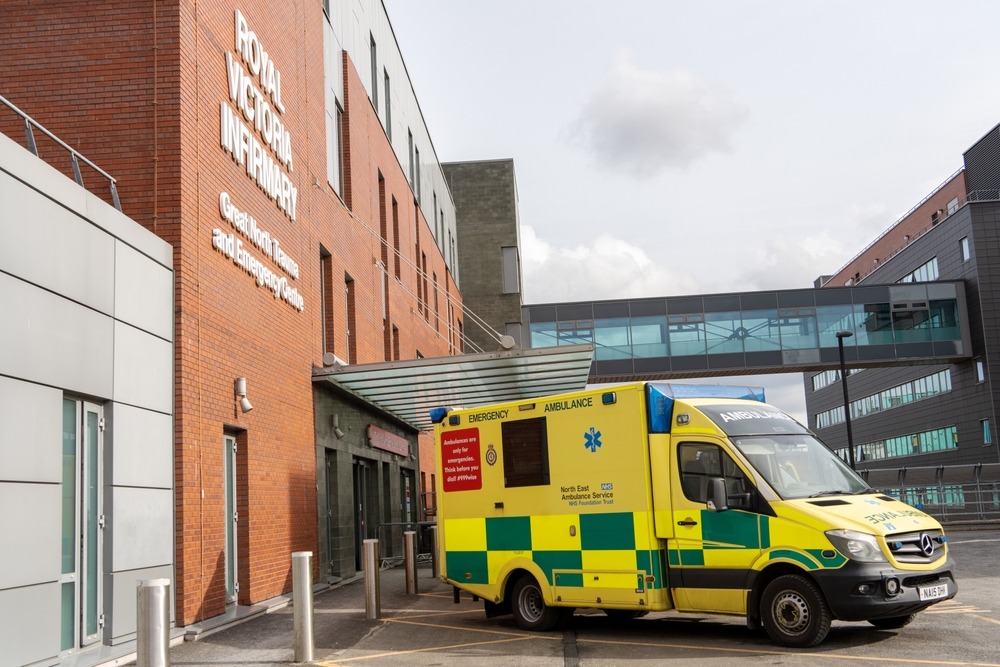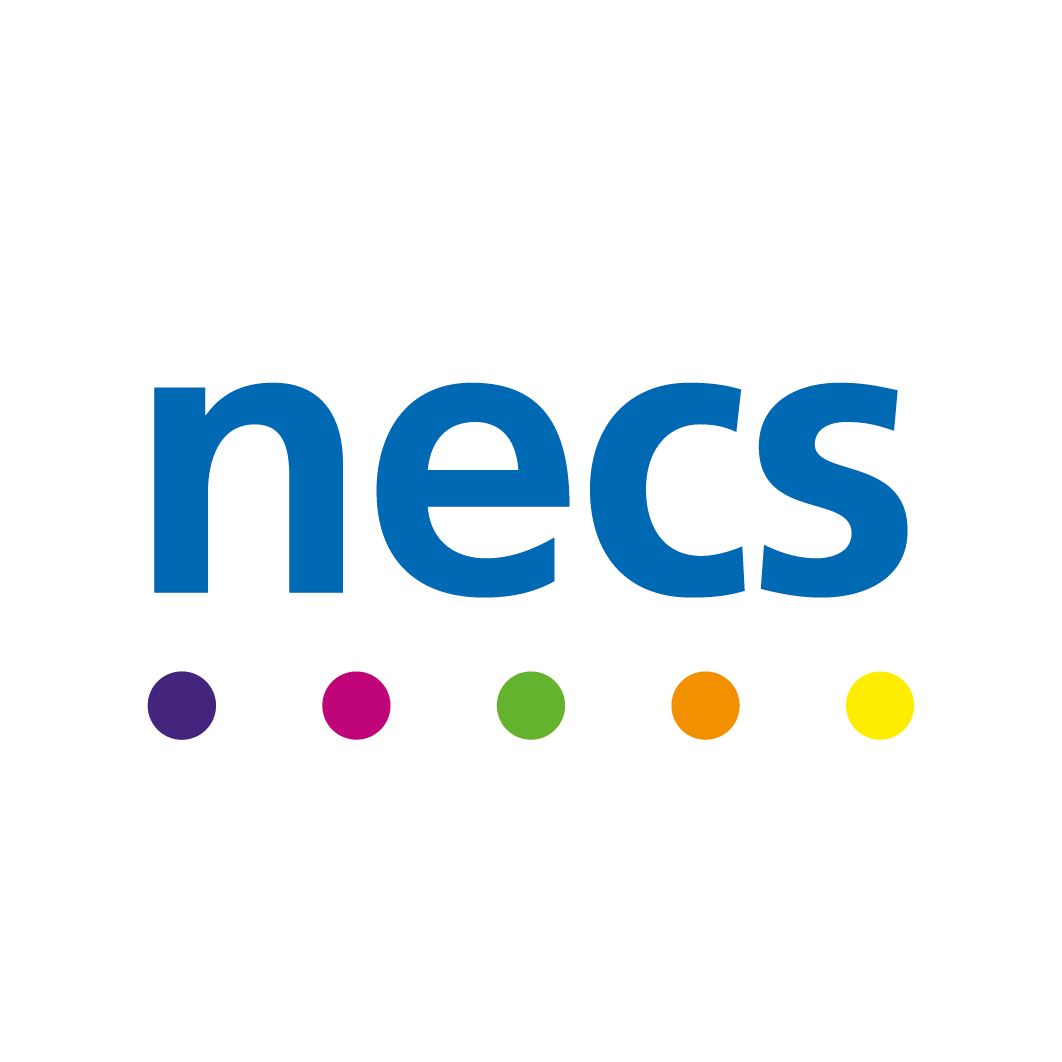The challenge
NEAS commissioned NECS to provide dedicated programme management and analytical capacity to support NEAS in achieving their ambitions in relation to health inequalities. The role was to continue and expand upon the work completed by NEAS’ Public Health Registrar in respect of their health inequalities programme.
Our objectives included:
- To undertake an ambulance health needs assessment using a range of data sets to provide an accurate picture of clinical need in NEAS’ 111 and 999 users.
- To assist NEAS with identifying trends, pathways or clinical groups to focus on and understand where they can focus their efforts in reducing conveyances.
- To provide this information in a way that can be shared with system partners so that they can put in preventative interventions where required.
- Undertake ‘deep dives’ (with a health inequalities focus) into priority areas agreed at the Health Inequalities Working Group.
- To network and continue to build links and engage in discussions with NAA and AACE colleagues leading or working on health inequalities (HI).
- Oversee implementation of the HI plan and co-ordination of the HI Working Group.
- To make links for NEAS into relevant ICB groups, particularly the NENC Healthier and Fairer Programme.
- Refresh the Board Assurance Framework on HI.
Our response
To achieve our goals, NECS Business Intelligence and Programme Management teams have worked together to build relationships with NEAS to advance their health inequalities strategy. This has involved:
- Data analysis – Triangulating NEAS’ data with data available from primary and secondary care to ensure NEAS receive a comprehensive picture of their caller populations and outcomes.
- Completion of detailed health needs assessment for 999 and 111 callers. This analysis provides a comprehensive picture of the population that NEAS serve for both 999 and 111 callers. Information provided includes caller demographics (age, gender, ethnicity etc.) as well as linking with patient’s lifestyle factors and vulnerable characteristics (alcohol / drug misuse, obesity, learning disabilities, housebound, care homes etc.) and outcome data.
- Comparative analysis of the North East population vs. 111 and 999 caller populations to show any differences / highlight any areas of focus.
- Deep dive analysis into five priority areas agreed at the HI Working Group.
- Detailed analysis of calls received from care homes and subsequent report completed to support NEAS with targets imposed by NHSE.
- Data provided to feed into clinical strategy development.
- HI plan updated on a regular basis and co-ordination of the HI Working Group (frequency increased from quarterly to monthly).
- Regular attendance at any NAA or AACE network meetings to represent NEAS and engage with discussions on how other Trusts are implementing their HI strategies.
- Attendance at any HI related webinars held by NAA / AACE / NHS Providers to feedback points of interest to NEAS.
- Completion of reports / presentations on request by NEAS (e.g. executive summary, performance report, priorities proposal etc.).
- Linking with relevant leads from ICB Healthier & Fairer work programmes to make them aware of the work being undertaken in NEAS and potential links for future working.
- Refresh of the Board Assurance Leadership Framework and AACE self-assessment maturity matrix.

Outcomes
- Health Needs Assessment – presentations for 999 and 111 callers.
- Comparative data analysis reports for North-East population vs 999 and 111 caller populations.
- Deep dive reports:
- Care homes
- Respiratory – specifically COPD
- Mental health
- Falls
- Frailty.
- Completion of updated Board Assurance Leadership Framework and AACE self-assessment maturity matrix.
- Board update report.
- Updated HI Plan – up to 2026.
Read more about our NECS Population Health support to ambulance services.
“I am delighted by the support provided by the NECS Health Inequalities team. The population health analysis has helped to inform our thinking and shifted some assumptions across the organisation. The insights provided by the team to support the development of our clinical model have been invaluable and we now have a better understanding of how we can connect with our wider system to reduce health inequalities.”

